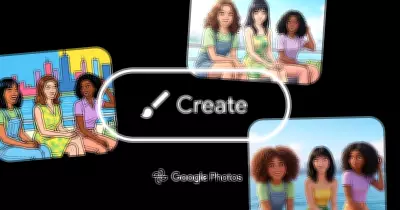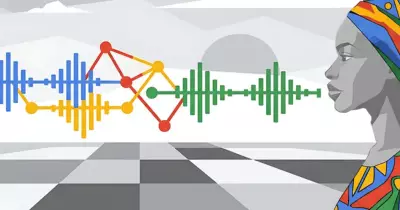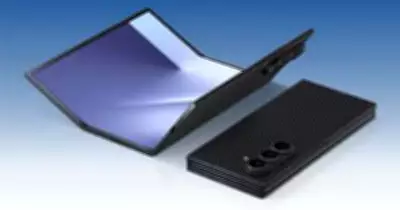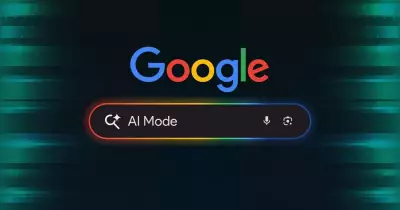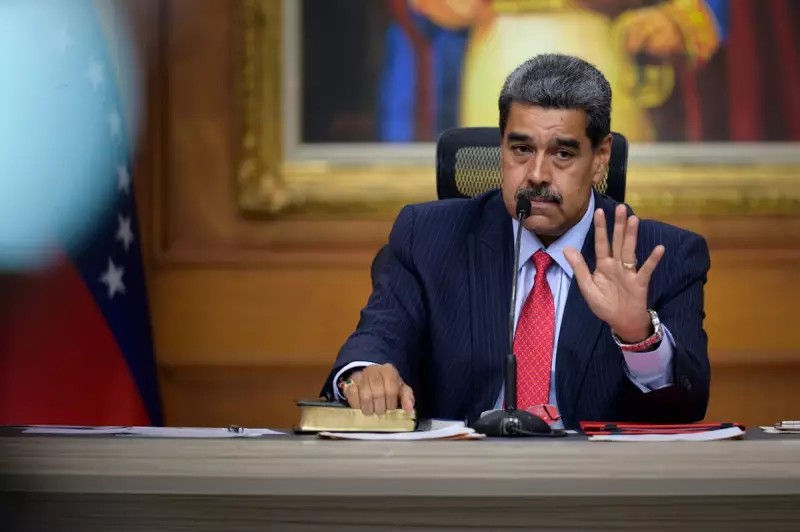
In a dramatic move that's sending shockwaves across Venezuela, President Nicolás Maduro has launched a controversial mobile application that encourages citizens to spy on each other. This unprecedented digital surveillance initiative comes amid growing fears within Maduro's administration about potential US plans to remove him from power.
The Panic Behind the App
Sources close to the Venezuelan government reveal that Maduro is increasingly paranoid about American intervention in the country's political affairs. The newly introduced app represents his latest attempt to consolidate power and monitor potential dissent among the population. Government officials are framing the application as a "patriotic tool" for national security, but critics are calling it a dangerous step toward digital dictatorship.
How the Surveillance App Works
The mobile application allows users to report suspicious activities, political conversations, and anti-government sentiments directly to authorities. Features include:
- Anonymous reporting capabilities
- Real-time location tracking of reported incidents
- Photo and video upload functions
- Direct communication channels with security forces
Public Reaction and International Concern
Venezuelan citizens are deeply divided about the new surveillance measures. While some government supporters welcome the app as necessary for national stability, human rights organizations and opposition leaders are sounding alarms about privacy violations and the creation of a society built on mutual suspicion.
"This turns every Venezuelan into a potential informant," warned a local human rights activist who requested anonymity for safety reasons. "Neighbors are being encouraged to spy on neighbors, children on parents, workers on colleagues. It's the ultimate tool for social control."
US-Venezuela Relations at Breaking Point
The timing of this digital surveillance push coincides with escalating tensions between Caracas and Washington. Multiple intelligence reports suggest the Maduro government believes the United States is actively planning regime change operations, though American officials have not publicly confirmed such plans.
International observers note that this move represents Maduro's attempt to preemptively counter any organized opposition that might receive foreign support. By creating a network of civilian informants through technology, the government aims to detect and neutralize threats before they can gain momentum.
The Future of Digital Governance in Venezuela
This controversial app marks a significant escalation in Maduro's use of technology for political control. As digital surveillance becomes increasingly integrated into Venezuelan daily life, questions arise about the long-term impact on civil liberties, freedom of expression, and the very fabric of social trust in the South American nation.
The international community continues to watch these developments with growing concern, as Venezuela appears to be setting a concerning precedent for how technology can be weaponized against civilian populations under the guise of national security.

